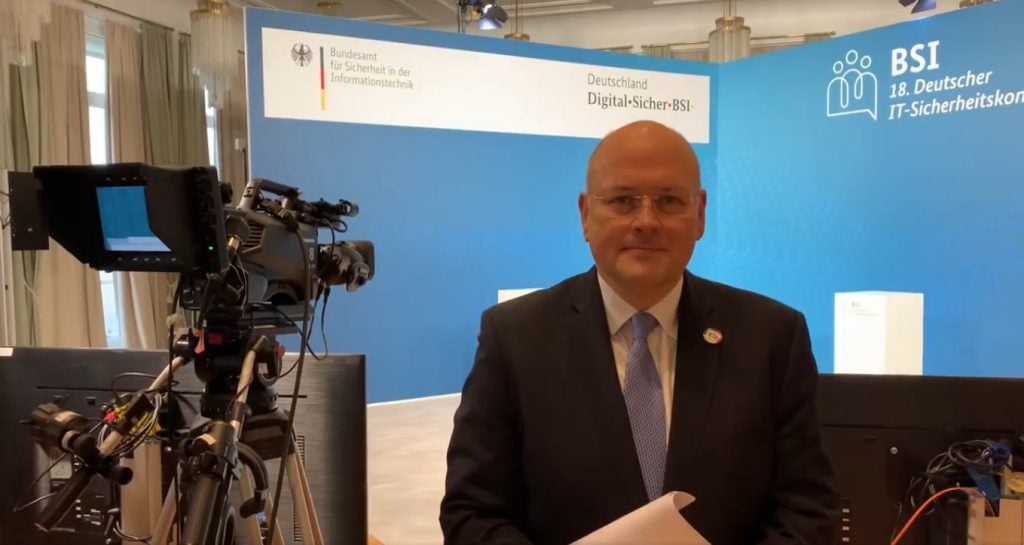German Cybersecurity Head Ousted Over Alleged Russian Ties
The head of Germany’s cybersecurity agency has been suspended from duty, amidst a scandal surrounding allegations of ties to a cybersecurity company linked to Russian intelligence.
According to a spokeswoman for Germany’s Interior Ministry, Arne Schönbohm was suspended from his position as president of the Federal Office for Information Security effective Tuesday, as allegations made on public broadcaster ZDF’s Magazin Royale late night news satire program had “permanently damaged the public’s necessary trust in the neutrality and impartiality of the conduct of his duties”.
The spokeswoman added that while Schönbohm was now under investigation for the allegations made, he was still presumed innocent until the investigation concluded. Speaking to Der Spiegel, Schönbohm claimed that he had initiated the investigation into himself to clarify the matter, saying that he did not know what the investigation will be looking into, and on what grounds he will be investigated.
On October 7, Magazin Royale had run an expose on Schönbohm’s continued ties to a lobbying group he founded prior to his 2016 appointment as cybersecurity head. Since 2020, the Cyber Security Council Germany Schönbohm founded has counted among its members Protelion, a Berlin-based company that offers virtual private networking services and secured smartphones among other products. Protelion is alleged to be a subsidiary of Infotecs, a Russian company founded by former KGB officer Andrey Chapchaev, who has been honored by Russian President Vladimir Putin.
While Magazin Royale host Jan Böhmermann stopped short of suggesting that Schönbohm had close ties to Protelion in particular, the comedian expressed incredulity that “The Russian company Infotecs that wants to protect our critical infrastructure from Russian cyber-attacks works with Russian intelligence services”. “Russian agents use Infotecs, which under the name Protelion GmbH sells German companies security software”, said Böhmermann, calling Schönbohm a “cyberclown”.
Following the Magazin Royale expose, Der Spiegel reported last week that the German domestic intelligence agency, the Federal Office for the Protection of the Constitution, had been warning German clients of Protelion to discontinue use of its products since 2019, and had even wiretapped the current head of the Cyber Security Council Germany, who has also come under scrutiny for close ties with Russia and Schönbohm alike. While the Federal Office for Information Security had refused to certify Protelion virtual private networking software in 2021, the newsmagazine claimed that the cybersecurity authority stopped short of issuing a public warning to users to replace it with alternative products, unlike its advisory to discontinue use of Kaspersky anti-virus software following Russia’s invasion of Ukraine in February.

